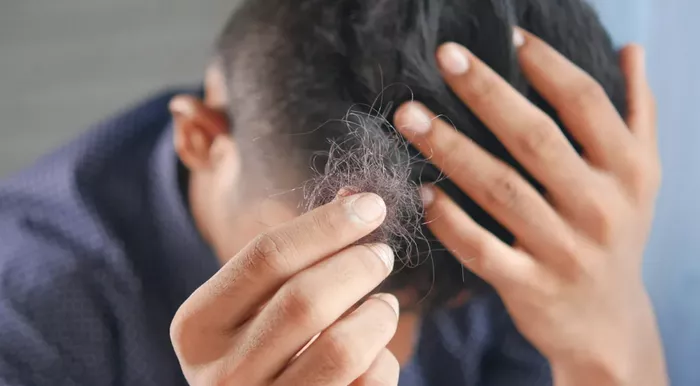Cells respond to stressful conditions by restricting healthy hair growth, according to a new study by researchers from the University of Manchester. The study, published in the journal PLOS ONE, explores how targeting the integrated stress response (ISR) pathway could help maintain hair follicles and treat hair loss.
An Unexpected Discovery
The Manchester Hair Research Group discovered the link between ISR activation and hair growth while testing a drug to see if it could cultivate human scalp hair follicles in a dish.
“We were testing a drug that targets metabolism in human hair follicles to influence how cells generate energy, which, based on the work of others, we expected to stimulate stem cells,” said Dr. Talveen Purba, research fellow at the University of Manchester and senior author of the study. “However, we found the opposite was true: hair growth was instead blocked, as cells, including stem cells, quickly stopped dividing.”
To investigate further, the researchers conducted transcriptomics analysis. This revealed that inhibiting the mitochondrial pyruvate carrier (MPC) with the drug disrupted cell signaling, caused mitochondrial dysfunction, and activated the ISR.
Using RNAScope, the researchers confirmed the upregulation of ATF4 – a transcription factor that mediates ISR – and the ATF4-target gene ADM2 on human hair follicle tissue sections. Additionally, treatment with the ISR inhibitor ISRIB reduced both the upregulation of ADM2 and the hair growth block caused by MPC inhibition.
The researchers observed a consistent response in hair follicles from different people under the microscope.
“This work shows how the human hair follicle, as a highly complex mini-organ, is capable of sensing and dynamically adapting to changes in nutrient availability and redox homeostasis,” the researchers said.
Future Research
Following this research, the authors hope that further studying the ISR in the human hair follicle could provide new insights into human hair growth, hair loss disorders, tissue metabolism, and aging. They are optimistic that targeted activation of this pathway could lead to new treatments for individuals with hair loss conditions such as alopecia. However, more work is needed to test the feasibility of blocking ISR activation in the hair follicle, as the researchers’ ability to achieve this using ISRIB was limited.


